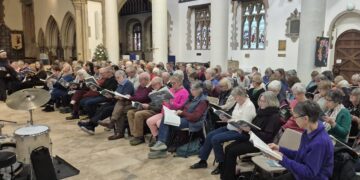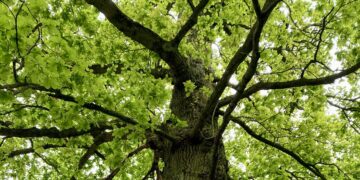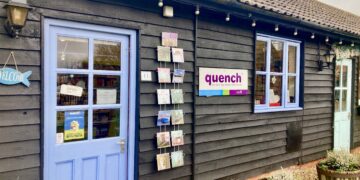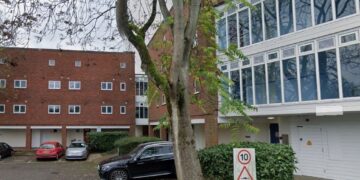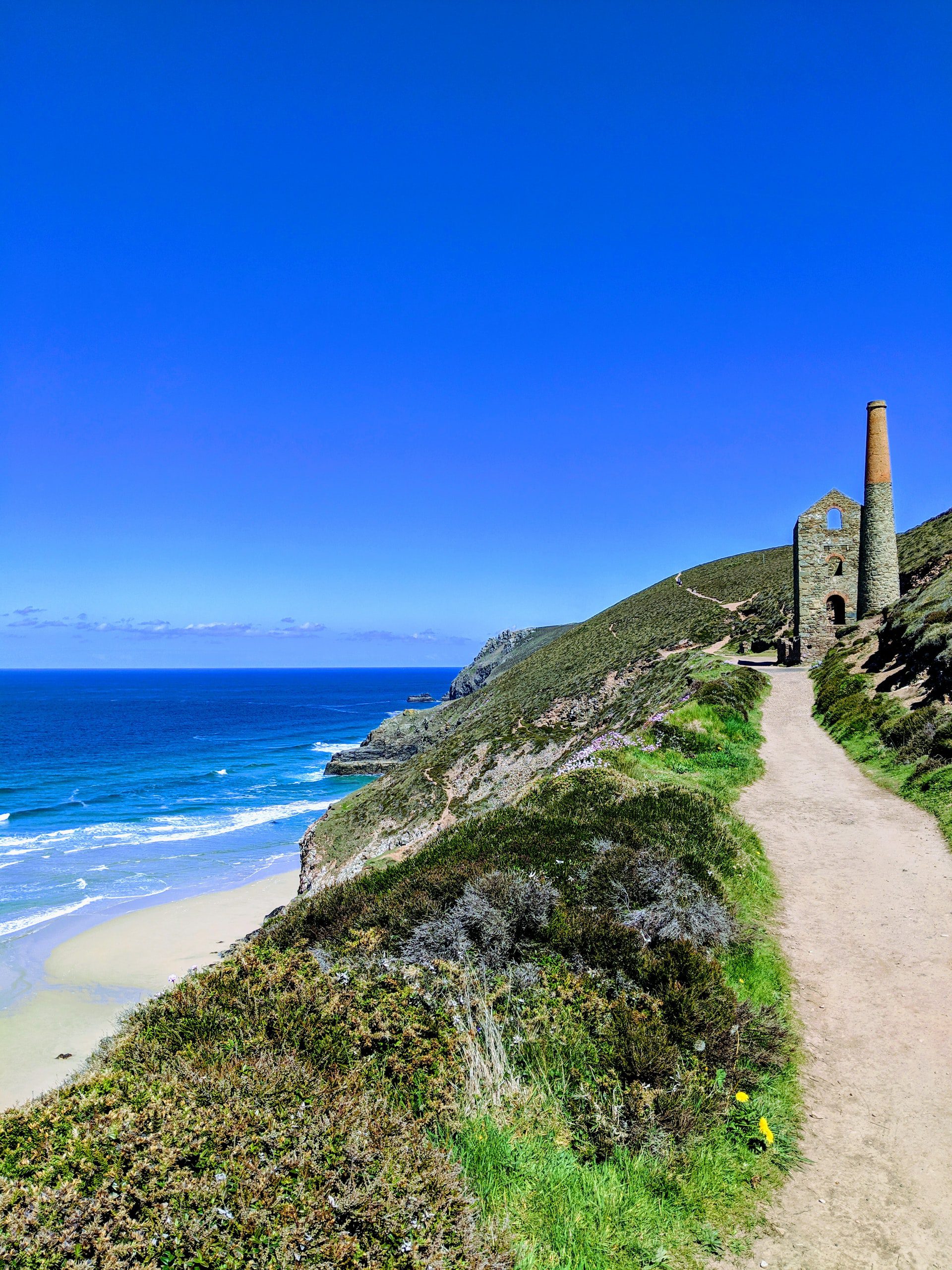Life of Brian, with Brian Hicks
My ancestors originate from Cornwall and some were pirates and smugglers.
There is a Walter Hicks brewery in St Austell and Hicks is the most common family name on graves on the Scilly Isles.
I often wondered why so many of my German friends came to Cornwall on holiday and found out the reason when I moved to Düsseldorf in 2011.
I had to buy a TV licence for my flat there as it is compulsory to have one for every German residence and commercial building, whether you watch TV or not.
The licence now costs over £15 per month, even though state-supported broadcasters like ARD and ZDF take some advertising. I wanted to get my money’s worth and started watching all sorts of programmes.
My favourites were the German crime series. They are often set in big German cities like Berlin, Cologne, Hamburg, Stuttgart and Munich, but also in the smaller ones like Bochum, Münster, Wismar and Potsdam.
There was even one set in Düsseldorf, Kommissar Stolberg, one of my favourites.
Most are about an hour long, but some, like ARD’s Tatort (crime scene) run for 90 minutes. Tatort is the longest-running German crime series and its first episode was screened in 1970.
It is set in various German cities, as well as Vienna and Luzern, with separate teams of detectives.
There are usually elements of humour in these shows, especially Rosenheim Cops, which is more of a comedy than a crime series. After The Bill had ended its long run on ITV, I was amazed to see many of the characters appearing in two episodes of the German series, SOKO Leipzig, speaking perfect German and co-operating with their German counterparts.
BBC’s Crimewatch programme, first broadcast in 1984, is based on the German programme Aktenzeichen XY…ungelöst (Unsolved Cases), now in its 55th year.
One evening I watched a ZDF film based on a romance written by the English author, Rosamunde Pilcher. I was impressed by the beautiful Cornish scenery, grand houses, flashy cars and leading German actors playing British characters.
It was amusing to hear them saying “Guten Tag, Mrs Trewithick”, and no doubt for them too.
Nearly every Sunday evening a Pilcher film was broadcast and I got hooked on these Liebe und Landschaft (love and landscape) films. It was not surprising that six million Germans were tuning in as well and converting their enthusiasm into Cornish holidays.
Pilcher was born in Lelant in Cornwall in 1924, and moved permanently to Scotland in 1946, after getting married.
Her first international success was The Shell Seekers in 1987, which was made into a Hollywood film starring Vanessa Redgrave und Maximilian Schell.
The German translation, Die Muschelsucher, sold two million copies. She only stopped writing at 87. Over 60 million of her books have been sold, including 15 million in Germany.
ZDF bought up the rights to most of the books and short stories by Pilcher and have broadcast more than 100 films since the first in 1993.
Rosamunde Pilcher and ZDF’s editorial director, Dr Claus Beling, were presented with the British Tourism Award in 2002 for helping to attract so many foreigners to the UK.
More than 350,000 Germans were holidaying in Cornwall each year until Covid came. In 2013, Rosamunde Pilcher was presented with the Golden Deutschland award in Hamburg for her contribution to German society, along with seven others, including Boris Becker.
After Pilcher died in 2017, ZDF broadcast a 45-minute tribute programme and continued to commission films based on her work.
A handful of Pilcher’s books have been made into films for UK television, including Channel 4’s The Other Wife with John Hanna.
It is a pity that British viewers have not been able to see all the ZDF films, whether dubbed or with subtitles. Mind you, if they had, Cornwall might not be able to cope with the extra hordes of visitors.




